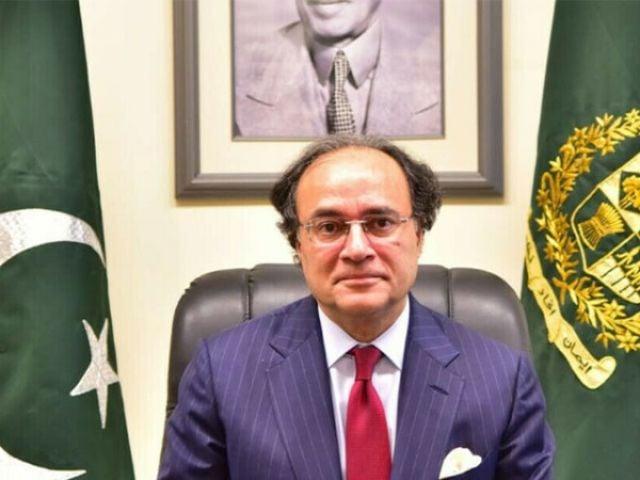Pakistan is trying to expand trade and investment ties with the United States, focusing on increasing imports and reducing non-customs barriers, said Finance Minister Muhammad Aurangzeb in an interview with Bloomberg News.
Aurangzeb stated that Islamabad is aiming to buy more American goods, especially cotton and soybeans, and is open to reviewing regulatory processes that could prevent US exports to Pakistan.
The move is part of Pakistan’s wider strategy to facilitate tensions over high tariffs imposed under former US President Donald Trump’s administration.
Although the 29% mutual tariffs are currently on wait until July, Pakistan is preparing to send a formal trade delegation to Washington in an attempt to improve market access and balance.
The United States remain Pakistan’s largest export market and accounts for over $ 5 billion in annual exports from 2024, while US imports raised around $ 2.1 billion.
Aurangzeb also highlighted Pakistan’s openness to foreign direct investments from US companies, especially in minerals and minerals and recently opened to foreign investors.
During his almost week’s long trip, the Finance Minister Pakistan’s obligation to long -term financial stability repeated. He emphasized the government’s intention to move away from the cycle of economic crises and pursue sustainable growth.
As part of its wider financing strategy, Pakistan plans to launch his first Panda bond – targeting between $ 200 million and $ 250 million – in the fourth quarter of 2025.
The country’s economy is recovering from an almost default in 2023. Last month, Pakistan received the first approval of a $ 2.3 billion loan from the International Monetary Fund (IMF), providing financial support through 2027.
Global Credit Rating Agency Fitch recently upgraded Pakistan’s credit prospects with reference to improved financial stability and reform Momentum under the IMF program.



